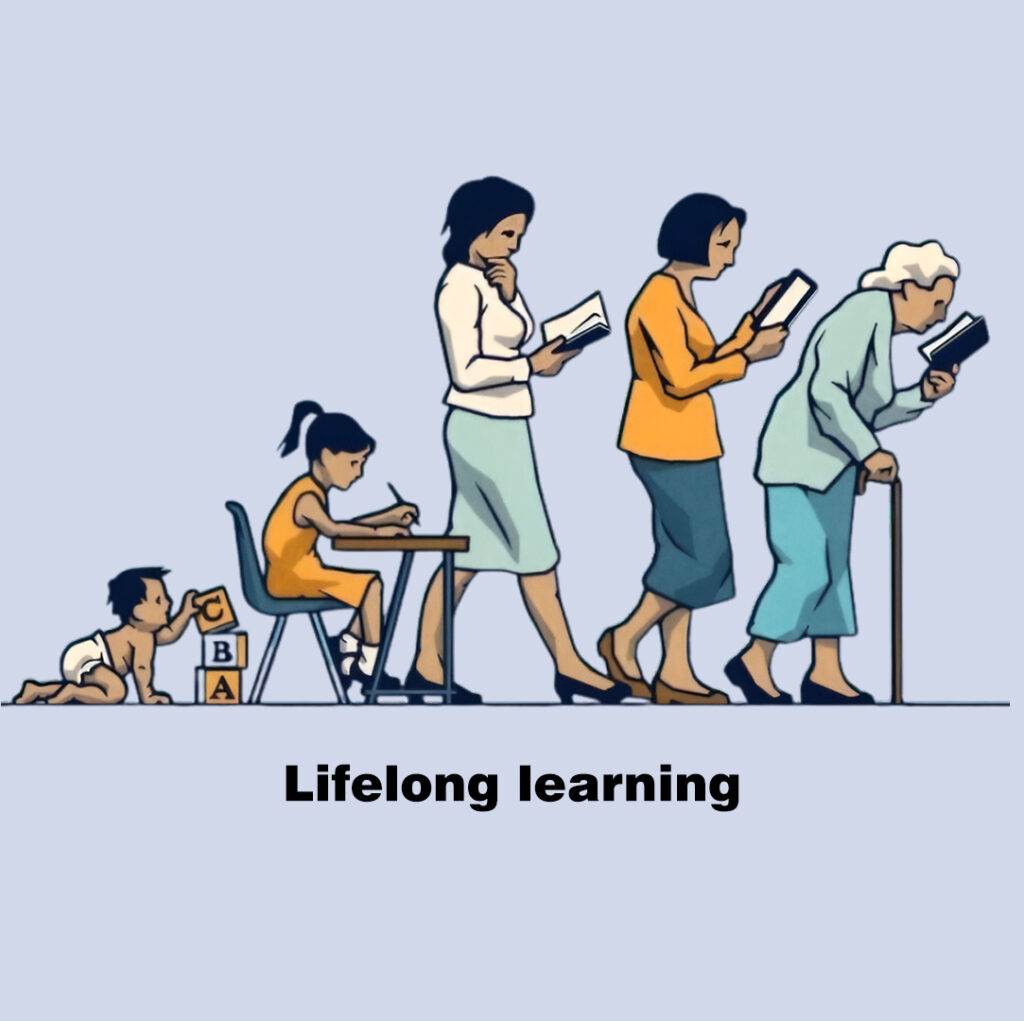In today’s competitive job market, standing out from the crowd is more important than ever. To capture the attention of hiring managers, showcase a diverse skill set. These must highlight both your technical expertise and soft skills. Unlocking the right skills can give your resume that extra edge. It is not just a list of qualifications, but a reflection of your potential and value to future employers.
In this blog, we’ll dive into the skills that can make your resume pop. It will help you land your dream job and advance your career. Whether you’re looking to advance in your current field or pivot to a new industry, the right mix of hard and soft skills can significantly increase your chances of landing your dream job. Mastering technical abilities to showcase your leadership and problem-solving capabilities.
We’ll explore the skills in high demand and how you can leverage them to demonstrate your value to potential employers. By the end, you’ll have a clear road-map for enhancing your resume and taking your career to new heights.
The Power of a Skills-Driven Resume
A skills-driven resume focuses on highlighting your key abilities and proficiency rather than simply listing job titles and past experiences. It has the ability to show potential employers what you bring to the table. They are able to see how you can contribute to their organization. We must know that employers are looking for candidates who not only meet the basic qualifications but also have the specific skills needed to excel in the role.
A skills-driven resume is necessary because it:
Makes You Stand Out: It highlights your core strengths, setting you apart. This helps hiring managers see your value quickly. They can also assess how you align with their needs.
Showcases Your Versatility: Listing both technical and soft skills shows your adaptability. It makes you more appealing, especially in fast-changing fields.



Aligns with Job Requirements: Many employers use ATS to scan resumes for keywords. Including relevant skills boosts your chances of getting noticed.
Demonstrates Career Growth: A skills-driven resume shows your commitment to continuous learning. This proactive approach is vital for long-term career success.
Appeals to Employers’ Immediate Needs: Employers want to know how fast you can add value. Highlighting your top skills shows you can hit the ground running.
In summary, a skills-driven resume shows your readiness and qualifications. It shifts the focus from your past to your potential. This gives you a better chance to catch the employer’s eye.
Top Technical Skills Employers Want
In today’s job market, technical skills are essential. Employers seek candidates skilled in programming languages like Python and Java. Data skills, like SQL and Excel, are in demand. Tools like Tableau for data visualization are valuable assets. Cloud computing knowledge, such as AWS, is crucial. Cyber-security skills are increasingly important for protecting sensitive data.Employers also value project management and collaboration tools. Familiarity with Jira or Trello is highly sought after. Jira is a popular tool used for tracking project progress and managing tasks in Agile environments, while Trello is a simpler tool for organizing tasks and projects visually through boards and cards. Understanding Agile or Scrum methodologies is a plus, as these frameworks help teams work more efficiently and adapt to changing project requirements. Automation skills using tools like Docker or Jenkins matter. Docker helps streamline the development process by packaging software into containers, ensuring consistency across environments, while Jenkins is used for continuous integration and automating the software development pipeline. Adaptability and learning new tools set candidates apart. A mix of these skills shows you’re ready to contribute.



Emerging skills like Generative AI are increasingly sought after. Companies look for candidates who understand how AI works. Data analysis and software development skills are valuable in many industries. Web development skills, including HTML, CSS, and JavaScript, are essential for building online platforms. Content creation and management are critical for brands to maintain their digital presence. Foreign language proficiency can also give you an edge in global markets. Lastly, digital skills are now essential for almost every role, making you more versatile and adaptable
In addition to technical skills, soft skills matter too. Employers value candidates who are strong communicators and problem-solvers. Teamwork and adaptability are important in fast-changing environments. Time management skills help you meet deadlines efficiently. Employers also appreciate candidates who show initiative and leadership potential. Being proactive in learning new technologies can make you stand out.
Essential Soft Skills to Highlight
Soft skills are as important as technical skills. Employers look for candidates with strong interpersonal abilities. Here are essential soft skills to highlight:
Communication: The ability to express ideas and listen actively. Clear communication keeps everyone aligned and improves collaboration.
Problem-Solving: Identifying challenges and finding creative solutions quickly. Critical thinking and resourcefulness show initiative and adaptability.
Teamwork: Collaboration and supporting others create a productive environment. Being a team player is essential in most roles.



Time Management: Prioritizing tasks and meeting deadlines is crucial. Efficient time management ensures you stay on track.
Adaptability: Embracing change and adjusting to new situations. Flexibility shows you can thrive in evolving environments.
Leadership: Motivating teams and guiding projects to success. Leadership skills are valued, even without a managerial title.
Emotional Intelligence: Understanding and managing emotions, both yours and others’. Emotional intelligence fosters strong, healthy workplace relationships.
Highlighting these soft skills shows you’re a well-rounded candidate. Employers value candidates who excel both technically and inter-personally.
How to Showcase Your Skills Effectively
To stand out in a competitive job market, you must effectively showcase your skills. Start by tailoring your resume to highlight the most relevant skills. Ensure you emphasize skills that match the job description. Focus on both technical and soft skills that align with the role. This shows that you’re the right fit for the job.
Use specific examples to demonstrate how you’ve applied your skills. Rather than just listing skills, explain how you’ve used them to achieve results. Quantify your achievements whenever possible to make your impact clearer. For instance, mention how you improved efficiency by a percentage or completed a project on time.


During interviews, make sure to bring up your skills naturally. Provide concrete examples from past roles that directly relate to the job you’re applying for. Explain how your skills contributed to the success of your previous teams or projects. Additionally, show your enthusiasm for continuously learning and upgrading your skills.
Create an online portfolio to showcase your best work. This is especially useful for creative or tech-focused roles. Include projects or examples of work that demonstrate your technical and problem-solving abilities. Also, use platforms like LinkedIn to actively highlight your skills, certifications, and recommendations from colleagues. Regularly update these platforms to keep your profile fresh.
By strategically showcasing your skills, you create a compelling case for why you’re the best candidate. The combination of a well-crafted resume, real-life examples, and a professional online presence will make a significant impact.
Building Skills for Future Career Growth
Building skills for future career growth is crucial. Focus on learning skills that align with industry trends. Stay updated on technological advancements and emerging tools. Look for skills that will become more in-demand over time.
Consider gaining expertise in areas like data analysis. Programming languages, AI, and cloud computing are essential skills. Also, work on enhancing leadership and project management abilities. These skills will help you adapt to higher-level responsibilities.


Commit to lifelong learning and continuous improvement. Take online courses or earn certifications in relevant areas. Seek mentorship and feedback from experienced professionals in your field. Building your network can also expose you to new opportunities.
Don’t forget to develop soft skills like communication. Emotional intelligence and problem-solving are crucial for career growth. By focusing on skill-building, you’ll remain adaptable and ready for new challenges.

